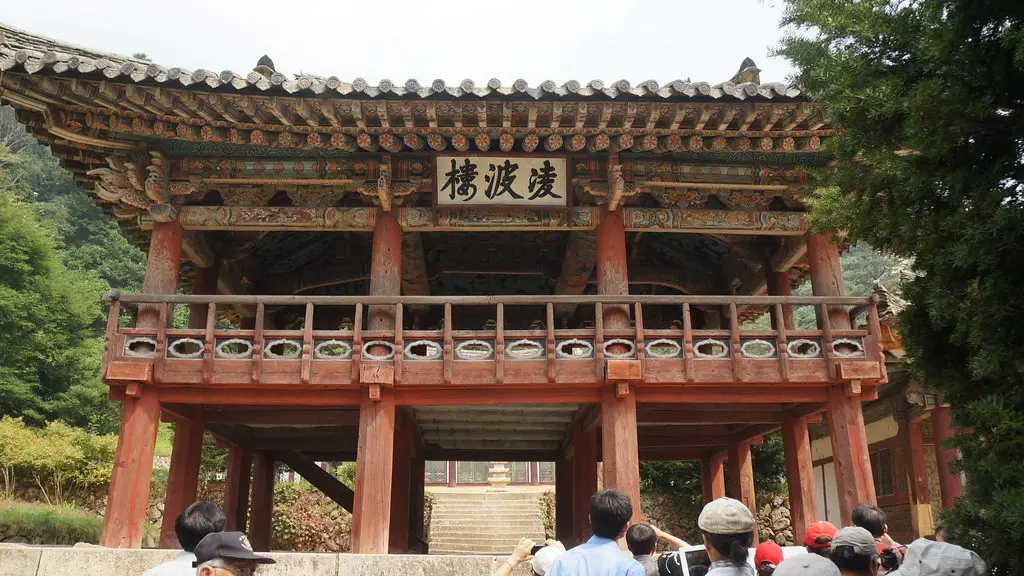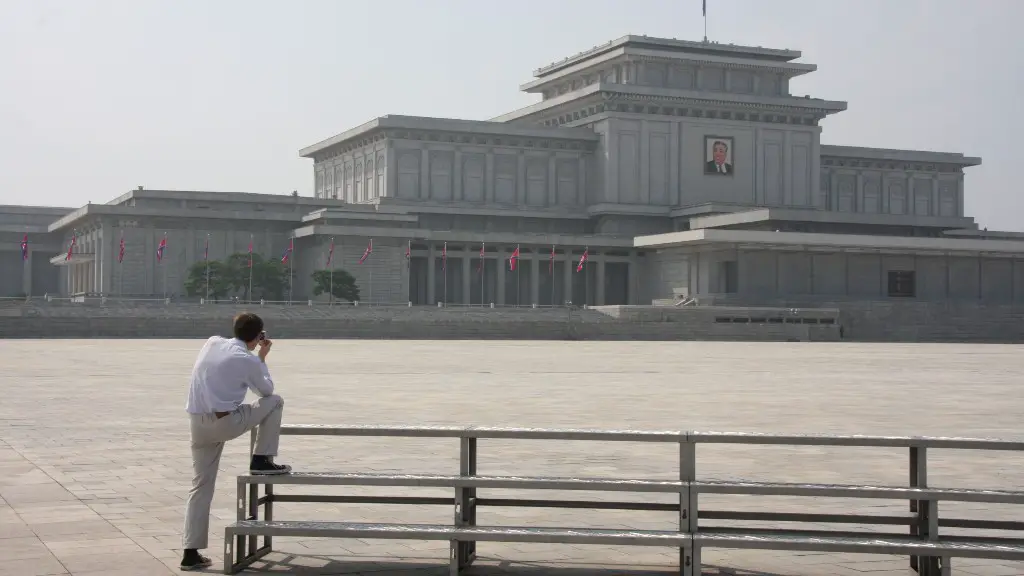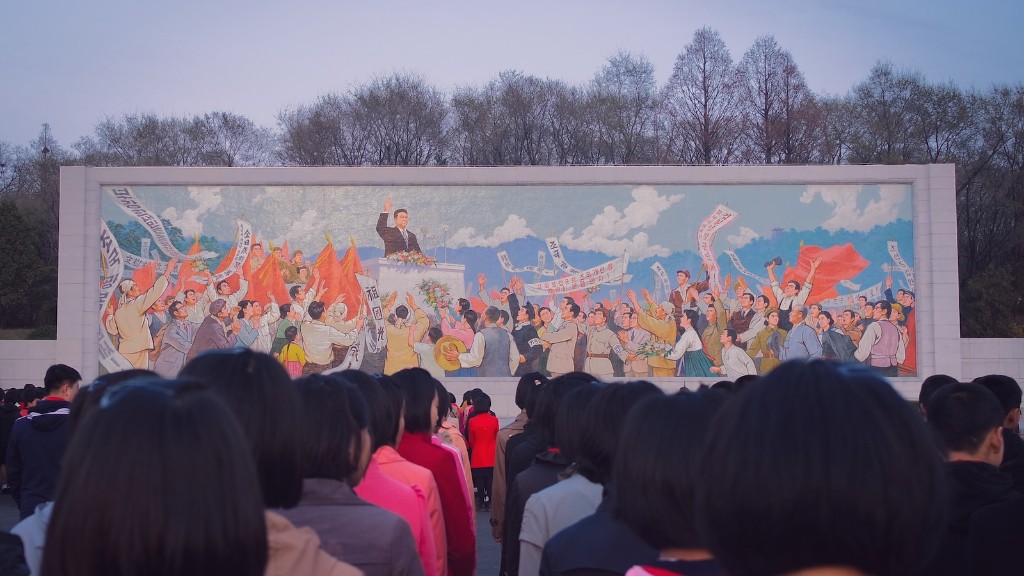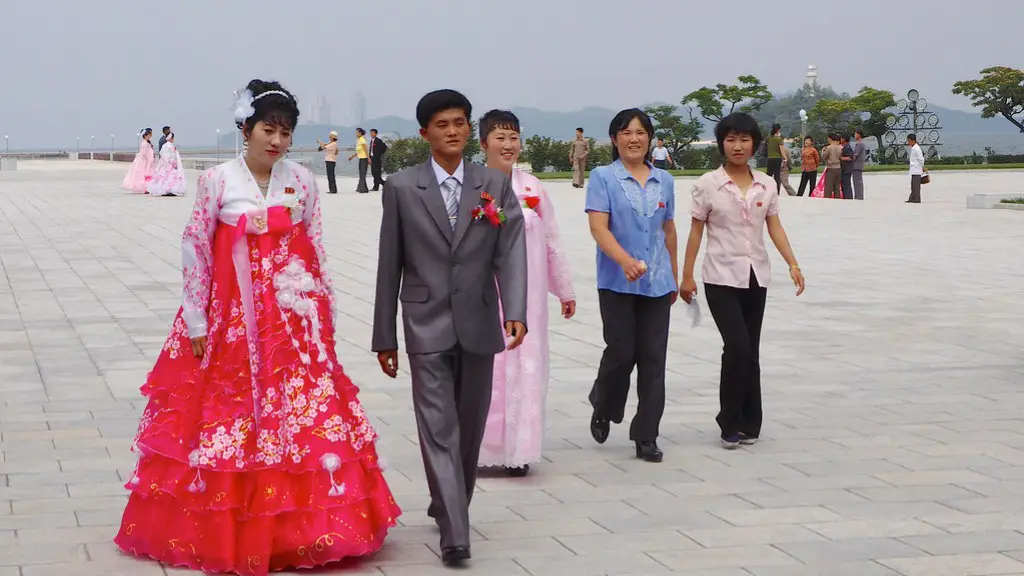Projectiles
North Korea has reportedly tested an estimated 90 ballistic missiles since leader Kim Jong-un took office in 2011, with some of these tests involved Intercontinental Ballistic Missiles (ICBMs). According to reports, the country is capable of delivering traditional ballistic missiles up to a distance of 11,000 km. Recent media reports suggest that North Korea’s missiles are able to reach the United States mainland. Experts believe that the test-firing of the Hwasong-15 ICBM marked a major milestone in North Korea’s ballistic missile capability. This has raised much concern since the missile is believed to have a range of up to 12,500 km, making all of the continental United States within its striking range.
Types
North Korea is believed to possess a variety of missiles, including short-range Scud missiles, medium-range Nodong missiles and long-range Taepodong missiles. North Korea has also developed its own submarine-launched ballistic missiles (SLBMs) through the KN-11 /Pukguksong-1 program. The KN-11 technology has enabled North Korea to launch a liquid-fuel missile from a submerged platform for the first time. In April 2018, North Korea unveiled the Hwasong-15, a liquid-fuelled ICBM, and conducted three successful tests of the missile system.
Weapons of Mass Destruction
In addition to its extensive ballistic missile arsenal, North Korea is believed to possess a large stockpile of weapons of mass destruction (WMD). According to estimates by U.S. intelligence agencies, North Korea has stockpiled an estimated 15 to 60 nuclear warheads since the 1990s. The country is also believed to possess an adequate delivery capability for the warheads, through the use of its various ballistic missiles. Apart from the nuclear warheads, North Korea is thought to possess chemical, biological and even some radiological weapons.
Effects
The recent tests of the Hwasong-15 ICBM have heightened concerns over North Korea’s nuclear capability. Many experts worry that the development of a nuclear-tipped ICBM, combined with North Korea’s existing ballistic missile program, could lead to an increase in regional tensions, especially between the United States and North Korea, as well as its immediate neighbors. Some analysts believe that North Korea’s possession of nuclear weapons could lead to increased proliferation of nuclear technology in the region. Kim Jong-un’s continued testing of ballistic missiles and nuclear weapons has triggered fears of an imminent nuclear conflict in the region.
Sanctions
The United Nations Security Council has imposed a series of sanctions on North Korea in response to its nuclear weapons program. In 2017, the UN Security Council imposed a ban on the export of coal, iron ore, lead, and seafood from North Korea, limiting the country’s income to mainly those generated by the tourism and service industries. In addition, the UN has also placed harsh restrictions on North Korea’s access to global financial markets, including banning the banking industry from helping North Korea obtain or transfer funds. As a result, North Korea’s nuclear program has been severely impacted, reducing the likelihood of it being able to rapidly expand its nuclear arsenal.
Bilateral Negotiations
In recent years, the United States and North Korea have engaged in a series of negotiations, with the aim of reaching a deal to denuclearize the Korean Peninsula. To this end, North Korea has agreed to shut down its nuclear facilities in exchange for economic aid from the U.S. In 2018, the two countries signed a comprehensive agreement to put an end to the North Korean nuclear program. In May 2019, President Donald Trump and leader Kim Jong-un met in Hanoi for their second round of bilateral negotiations. However, talks collapsed over a disagreement about the terms of the denuclearization process.
International Reactions
In response to North Korea’s continued refusal to denuclearize, the United Nations Security Council unanimously imposed further sanctions on North Korea in May 2019. The United States, Japan and South Korea have also taken measures to pressure North Korea to complete its denuclearization, including military exercises and the deployment of strategic assets to the region. China has also taken a strong stance against North Korea’s nuclear ambitions, through much of its trade sanctions.
Judgement
While North Korea has made progress in developing its nuclear capabilities, it is unlikely that the country has the capacity to launch a full-scale nuclear attack. With a limited arsenal, North Korea’s nuclear capabilities are greatly muted by the competing presence of other nuclear weapons states in East Asia. Moreover, the international community’s firm stance against North Korea’s nuclear ambitions has dissuaded the country from ramping up its nuclear program.
Opinions
Expert opinions have been divided regarding North Korea’s nuclear capabilities. Some analysts have argued that the country’s nuclear weapons are a necessary deterrent to protect North Korea’s security and sovereignty, while others argue that the possession of nuclear weapons does more harm than good, given the potential for nuclear conflict in the region. One common point of agreement is that North Korea’s nuclear program needs to be carefully monitored and that the country should abide by the restrictions imposed by the international community.
Evaluation
The development of North Korea’s nuclear capability is a result of decades of secrecy and propaganda. While North Korea claims to have developed large stockpiles of nuclear weapons, it is not clear how many nuclear weapons the country actually possesses and the level of the sophistication of its nuclear forces. Even if North Korea has developed a limited arsenal of nuclear weapons, the existence of such weapons still has the potential to cause significant security concerns, as well as to act as a deterrent to other countries in the region.
Geopolitics
The presence of nuclear weapons in North Korea has long been a source of tension in the region, particularly between the United States and North Korea. The various nuclear weapons tests conducted by the Kim Jong-un regime in recent years have further contributed to this tension. Many experts worry that the relatively small nuclear arsenal possessed by North Korea could be used by the country to threaten, or even attack, its neighbors. This could potentially trigger a regional nuclear arms race and lead to an increase in instability in the region.
Assessment
Overall, North Korea’s possession of nuclear weapons has increased regional tension and the potential for escalation of the conflict. While there are some signs that the country may be willing to negotiate, North Korea’s secretive nature has made it difficult for the international community to accurately assess the extent of the country’s nuclear program. This means that the potential for a full-scale nuclear conflict in the region still remains a threat. Therefore, it is essential that the international community continue to work together to monitor and restrict North Korea’s nuclear activities, in order to reduce the risk of a nuclear conflict in the region.



